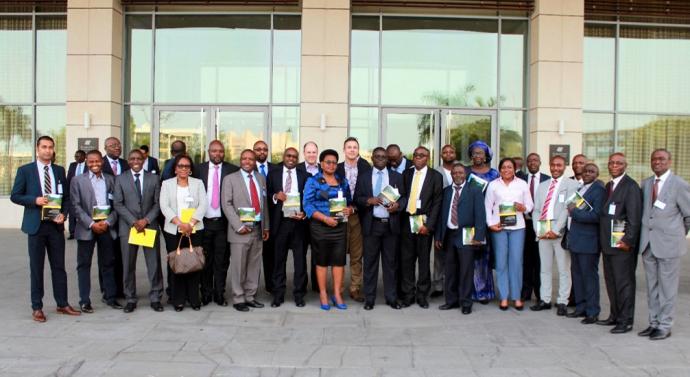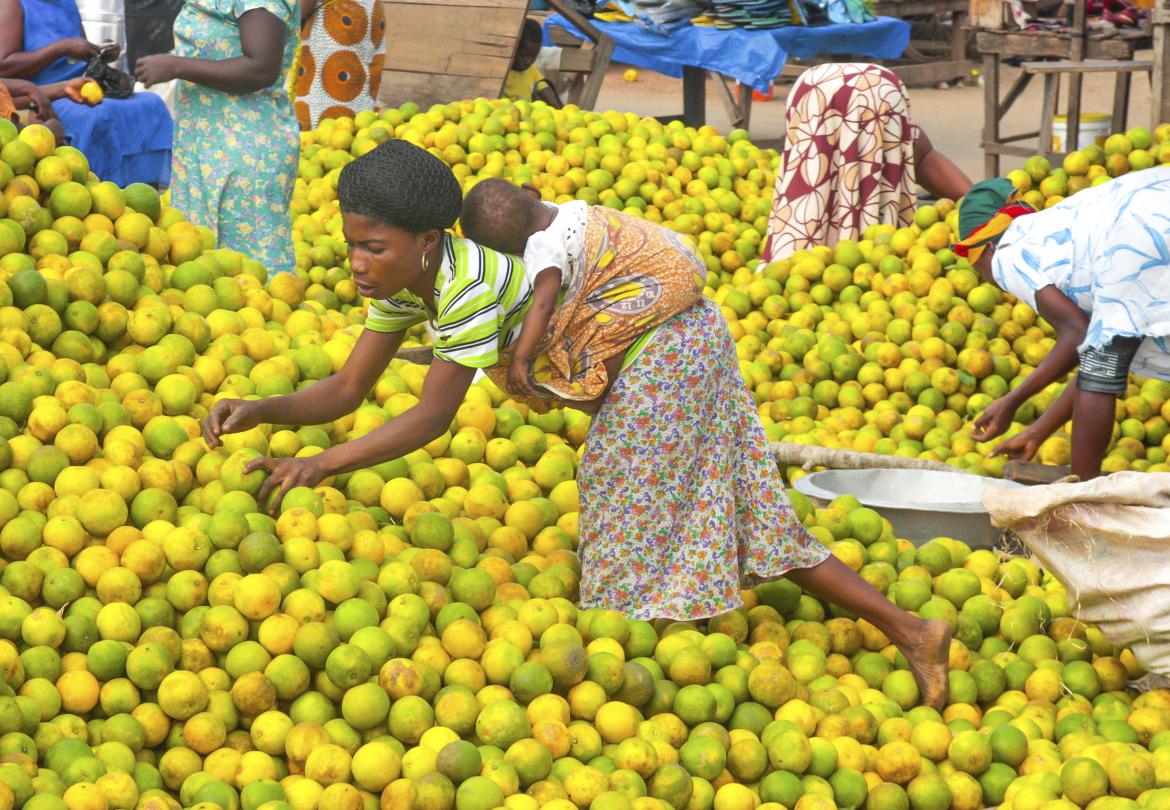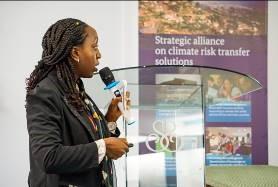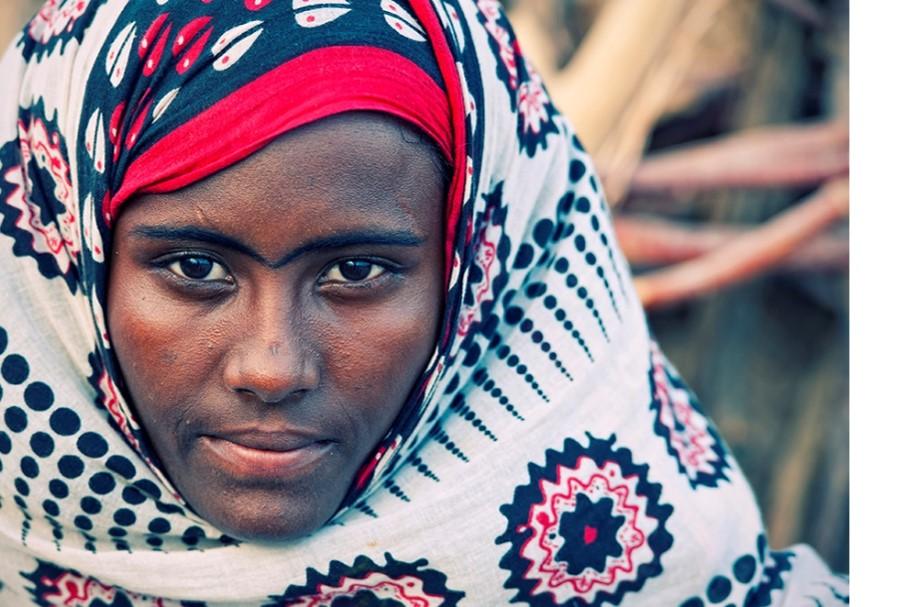Content owner:
Global Index Insurance Facility
Topics:
With each passing year, the risks of unabated climate change are mounting. Climate change will not only make it more difficult to feed the projected 10 billion people by 2050, but its impact is already being felt in the form of reduced yields and more frequent extreme weather events that affect crops and livestock. Providing risk mitigation solutions such as agriculture insurance for the farming community to be able to face the impacts of natural disasters is, therefore, significant. More than 30 participants from eleven countries from across Africa, Asia and Europe gathered in Colombo, Sri





